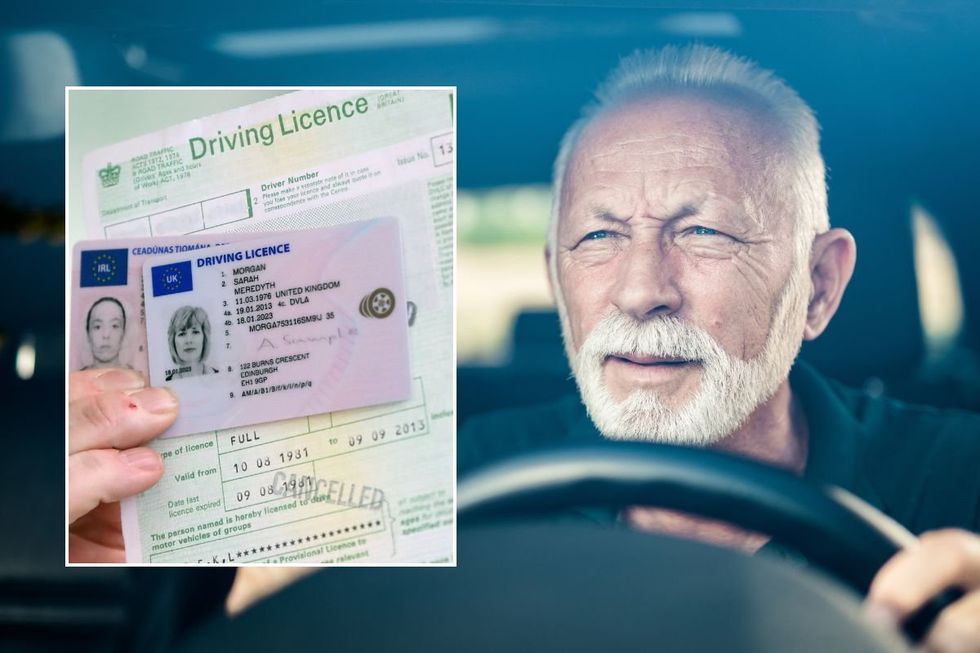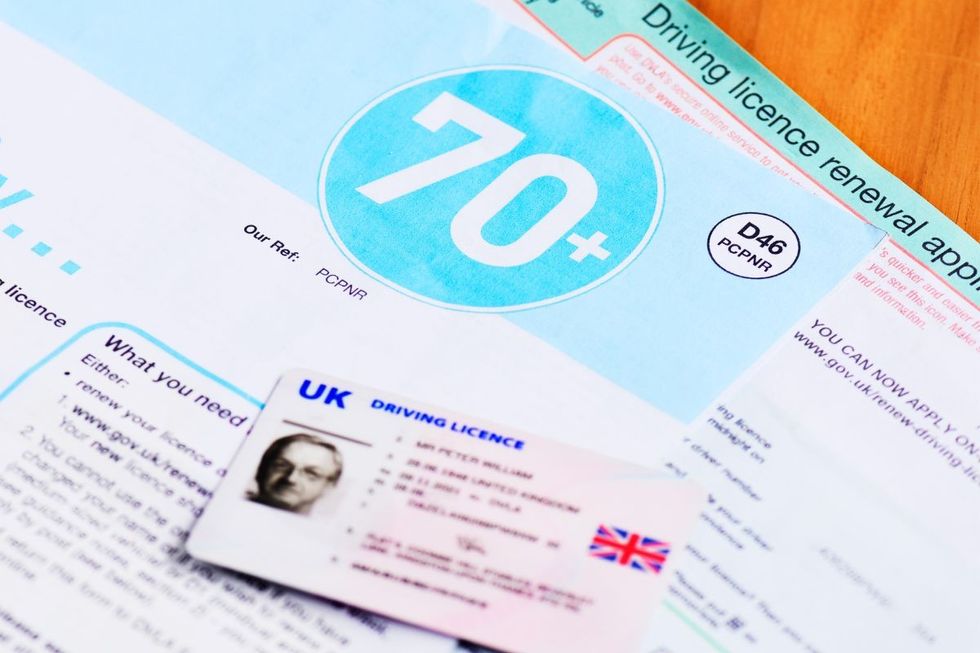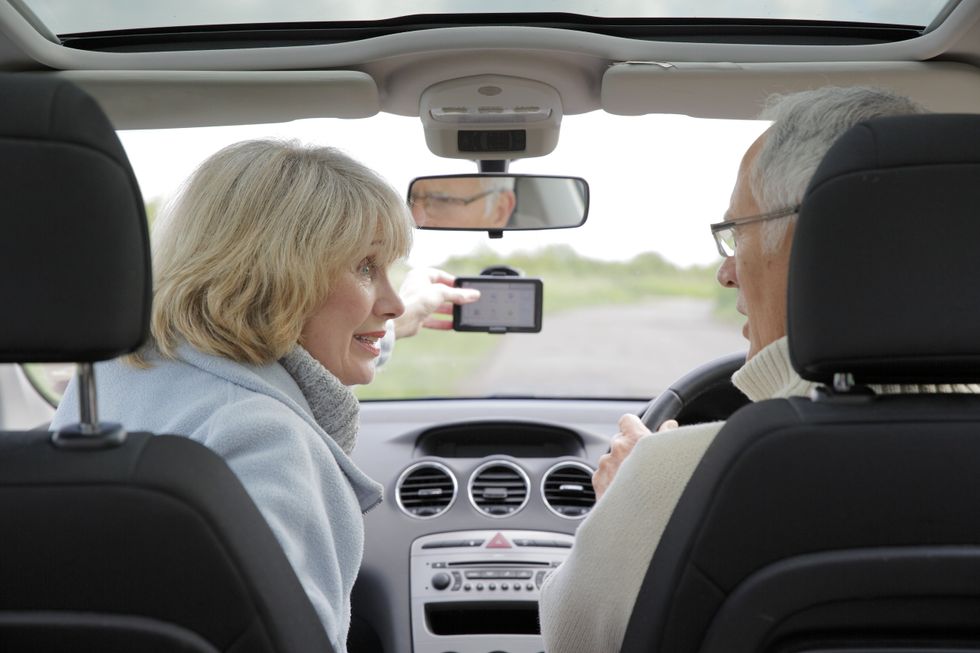Labour targets over 70s behind the wheel under new safety proposals as 'mature' drivers deemed unsafe

One in five Britons has raised concerns about elderly driving habits
Don't Miss
Most Read
Latest
A leading road safety charity has launched a new campaign aimed at older motorists after research revealed many families only speak up about safety when they spot unexplained dents on their elderly relatives' cars.
The study found that one in five people who raised concerns about an older family member's driving did so after noticing fresh bumps or scratches on their vehicle.
Experts have now warned that a more targeted campaign is needed because more families are now grappling with how to talk to elderly loved ones about staying safe on the road.
At the same time, the charity stressed how important driving is for older people, especially in rural communities where buses and trains are limited, and a car is often the only way to stay independent.
Almost half of those surveyed (46 per cent) said they had already had difficult conversations with older relatives about their driving.
Of those who did speak up, more than a third admitted they had felt anxious while travelling as passengers with elderly family members.
Around a third also said they had noticed their older relatives reacting more slowly or showing poorer judgement behind the wheel compared with how they used to drive.
The most common reason given for raising the issue was simple concern for their loved one's wellbeing, with 50 per cent saying they intervened out of worry for the driver.
A further 11 per cent felt the need to act when elderly relatives were regularly driving their grandchildren. Meanwhile, 21 per cent said they decided to step in after noticing their relative getting lost or confused on roads they used to know well.

Experts have backed calls for older drivers to face mandatory testing for older drivers
| GETTY/PAUnder current rules, motorists must renew their driving licence every three years once they turn 70. But the system relies entirely on drivers certifying themselves as medically fit to drive and able to meet the required eyesight standards.
There are no compulsory tests or health assessments linked to age, although drivers are legally required to inform the DVLA of any medical condition that could affect their driving.
IAM RoadSmart warned that the Government needs to update the renewal process and offer more support and guidance to older drivers and their families.
The charity has called for extra funding so older motorists can access voluntary "mature driver" courses designed to refresh skills and build confidence without threatening their independence.
LATEST DEVELOPMENTS
- Oxford chaos: Drivers warned of serious delays on major motorways amid hazardous oil spill blocking roads
- Rachel Reeves set to hammer millions of drivers with 'double car tax' ahead of pay-per-mile Budget decision
- Thousands of e-bikes seized for blocking pavements as Britons become 'fed up' with nuisance vehicles

The report found that 46 per cent of Britons have raised concerns about older drivers behind the wheel
| GETTYTransport Secretary Heidi Alexander has already suggested she is "open to considering" mandatory eyesight tests for older motorists as part of the Government's upcoming road safety strategy.
Further research by IAM RoadSmart showed strong public support for tighter rules. According to the findings, 85 per cent of motorists believe people over 70 should take a compulsory vision test when they renew their licence.
More than half support bringing in both a theory and practical test at 70 for those wanting to keep driving.
Support for stricter checks was also supported, with more than three-quarters of respondents stating that drivers aged 85 and over should face a compulsory practical driving test to stay on the road.
 Elderly drivers are required to renew their licence every three years when they turn 70 | GETTY
Elderly drivers are required to renew their licence every three years when they turn 70 | GETTYOfficial figures from the Department for Transport revealed that collision rates fall steadily as drivers get older, up until the age of 70. After that, they begin to climb again, with the highest collision rate of all among drivers aged 85 and above.
Nicholas Lyes, IAM RoadSmart's director of policy and standards, said many older people remain "safe and considerate" motorists, but age can bring health issues, slower reactions and reduced confidence.
He said many families struggle with the idea of raising concerns. "People worry about offending their relatives," he said. "Others simply don't know how to bring it up. What's really worrying is that many are waiting until they see new dents on the car before they say anything."
A spokesperson for the Department for Transport added: "It's vital we balance people's freedom to drive with public safety. There are already strict checks and conditions for older drivers, and we are reviewing them as part of the new road safety strategy to make sure they keep pace with the needs of an ageing population."











